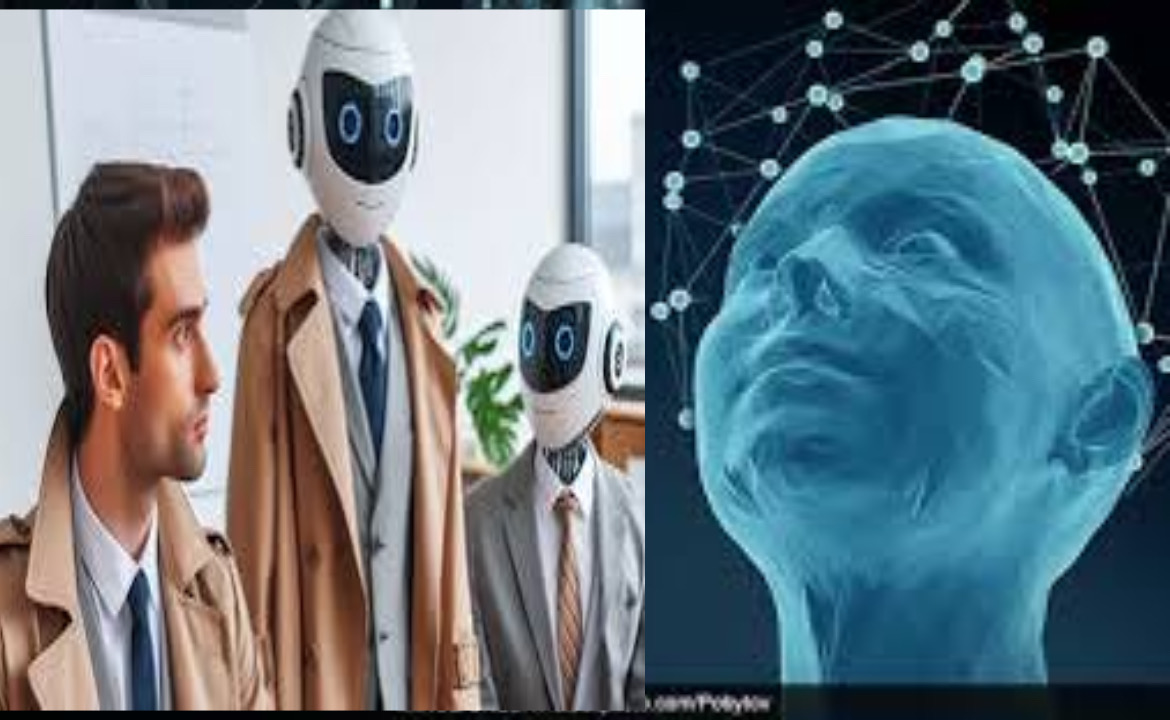In an innovative leap forward within the AI technology sphere, a new startup named Cognition has unveiled an artificial intelligence platform dubbed Devin. This AI represents a paradigm shift in the way coding and software development are approached, setting a new benchmark for AI-assisted programming endeavors. Unlike conventional AI systems that support developers by automating mundane tasks or suggesting code improvements, Devin emerges as a full-fledged software engineer capable of managing the entire lifecycle of coding projects autonomously.
Scott Wu, the visionary founder and CEO of Cognition, detailed how Devin transcends traditional boundaries by operating in a secure sandbox environment. This advanced AI platform leverages standard development tools, such as code editors and web browsers, to conceptualize, plan, and execute complex software engineering tasks. The interaction model with Devin is strikingly simple yet profoundly effective; users convey their project requirements through a conversational interface, prompting Devin to devise a strategy, write code, debug, test, and continuously update the project stakeholders about the progress. This real-time feedback mechanism ensures that any discrepancies or issues identified by the developers can be immediately addressed, allowing Devin to adjust its course as necessary.
Wu showcased the remarkable capabilities of Devin through a series of demonstrations, highlighting its adeptness at deploying web applications, constructing websites, and even optimizing large language models by utilizing resources from GitHub repositories. However, perhaps the most compelling evidence of Devin’s prowess is its performance on the SWE-bench test. This benchmark evaluates an AI’s proficiency in addressing and resolving genuine software issues sourced from open-source projects on GitHub. Devin’s achievement in solving 13.86% of these challenges independently is noteworthy, especially when compared to its contemporaries, such as Claude at 4.8%, SWE-Llama at 3.97%, and GPT-4 at 1.74%.
While Devin is not yet available for widespread use, Cognition’s strategic plan involves a phased rollout to a select group of customers in the near future. The anticipation around Devin’s potential applications extends beyond the realm of software development; the underlying technology, characterized by advanced long-term reasoning and planning capabilities, presents the possibility of creating AI agents capable of undertaking a variety of roles across different industries.
Cognition’s introduction of Devin into the AI landscape heralds a significant evolution in our understanding and utilization of artificial intelligence in software engineering. By automating the end-to-end process of coding projects, Devin not only enhances productivity and efficiency but also pioneers a new era of AI capabilities. This breakthrough underscores the transformative impact that such technologies can have on the software development industry and beyond, promising a future where AI can independently manage complex tasks, heralding a new age of innovation and creativity.
The implications of Devin’s introduction are far-reaching, not just for the immediate landscape of software engineering, but for the broader technological ecosystem. The capacity for an AI to independently handle coding projects from inception to completion, addressing and rectifying bugs, and deploying functional software, represents a quantum leap in artificial intelligence application. This leap is not solely about improving efficiencies or reducing the workload on human developers; it’s about reimagining the role of AI in creative and complex problem-solving scenarios.
Moreover, Devin’s superior performance in solving real-world software issues, as evidenced by its results on the SWE-bench test, sets a new standard for AI competencies in practical applications. This is not just about surpassing benchmarks but about setting a precedent for how AI can contribute to open-source projects and, by extension, to the global software development community.
The potential of Devin, as outlined by Cognition, extends beyond the coding and software development arena. The underlying technology of Devin, with its focus on long-term reasoning and strategic planning, offers a glimpse into a future where AI could serve as an autonomous agent across various domains. Whether in finance, healthcare, or education, the principles of Devin’s operation hint at a future where AI can independently navigate complex tasks, making strategic decisions, and contributing significantly to projects and initiatives across a spectrum of industries. This evolution towards autonomous AI agents promises not only to redefine the role of artificial intelligence in the professional world but also to pave the way for groundbreaking advancements in how we approach and solve complex challenges.

